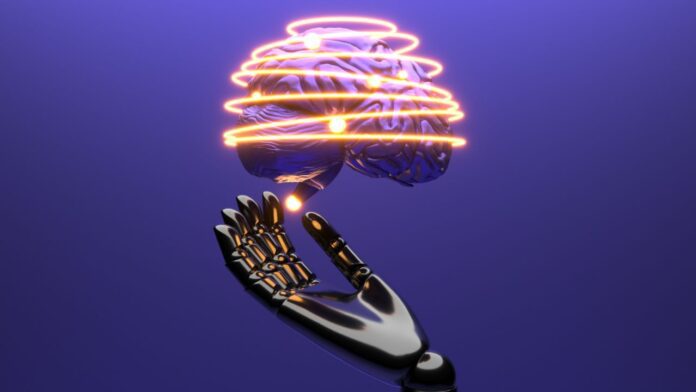A recent ruling in a US District Court has made it clear: AI-generated artwork doesn’t qualify for copyright. This decision was made by Judge Beryl A. Howell, who found herself at the center of a debate surrounding Stephen Thaler’s efforts to copyright an image made by his AI tool, the Creativity Machine.
In his quest to gain copyright, Thaler proposed a “work-for-hire” status. The idea? The Creativity Machine would be the artist, while Thaler remained the proud owner. However, the US Copyright Office didn’t buy it, dismissing his claims.
But Thaler wasn’t giving up that easily. Arguing that the Office’s denial was unfair and against the law, he decided to sue. The court, led by Judge Howell, however, backed the Office. In her judgment, she emphasized that every copyrighted piece throughout history has been the result of human efforts. She even humorously pointed to a case where a monkey’s selfie couldn’t get copyright. But then she drew attention to a unique case, where a woman penned down words she believed were sent to her from a mysterious “voice” – that, Judge Howell said, deserved copyright.
Interestingly, she acknowledged the evolving landscape of art and creativity, admitting that AI’s role in art is only growing and that defining the boundaries of human and machine contribution will become tougher.
As expected, Thaler and his legal team aren’t pleased. They’re all set to appeal, standing firm on their belief in AI’s capability and right to produce copyright-worthy content. On the flip side, the US Copyright Office feels they’ve made the right call.
The conversation around AI and copyright doesn’t end here. With rising disputes, including one where comedienne Sarah Silverman and other authors are locking horns with tech giants OpenAI and Meta over data usage, and another where Matthew Butterick has raised eyebrows over data practices by Microsoft, GitHub, and OpenAI, it’s clear that the world of copyright law is about to get a lot more complicated.



















![10 Countries With the Best Healthcare in the World [Statistical Analysis] Countries With the Best Healthcare in the World](https://articleify.com/wp-content/uploads/2025/07/Countries-With-the-Best-Healthcare-in-the-World-1-150x150.jpg)









